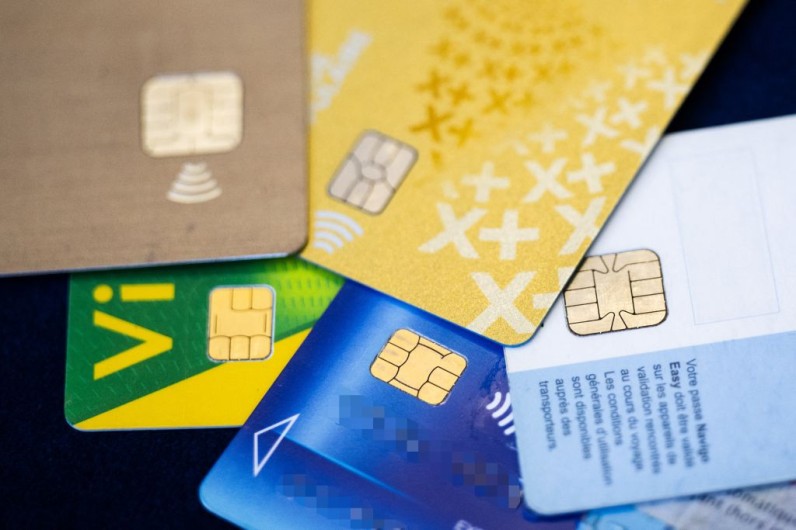
US District Court Fort Worth judge Mark Pittman blocked the new rule imposed by the Consumer Financial Protection Bureau (CFPB), which caps credit card late fees at $8.
The CFPB rule would prevent card issuers with over a million open accounts from charging over $8 for late fees unless it were proven that the higher fees were necessary to cover their costs. The regulator said that the rule would counteract what they called "excessive" fees that credit card issuers charge for late payments.
The preliminary injunction, published Friday (May 10), was considered a victory for business and banking groups, challenging part of the Biden administration's policy of eliminating what was described as "junk fees."
Reuters reported that groups like the US Chamber of Commerce and the American Bankers Association sought the injunction, which would prevent the rule from taking effect next week.
READ NEXT : Maryland Signs Anti-Speculative Ticketing Bill to Outlaw Suspicious Fees on Concert Tickets
Overturning Cap on Credit Card Late Fees
Pittman, a Trump appointee, cited a 2022 ruling by the New Orleans-based 5th US Circuit Court of Appeals in his decision, which found the CFPB's funding structure unconstitutional. Trump appointees also dominate the 5th Circuit panel.
The Supreme Court is currently reviewing the 2022 ruling and was in favor of upholding it during oral arguments last October. Pittman's court is under the 5th Circuit's jurisdiction; thus, he was bound by the ruling.
In a statement shortly after the decision, US Chamber of Commerce Litigation Center counsel Maria Monaghan said that the injunction was a "major win" for consumers who pay their credit card bills on time and businesses wanting to provide affordable credit.
On the other hand, a CFPB spokesperson said that the agency would continue defending the rule, which President Joe Biden supports. The regulator claimed that consumers would "shoulder $800 million" in late fees for every month the rule is delayed.
White House spokesperson Jeremy Edwards also expressed disappointment with the decision, saying that the CFPB's rule was a "critical measure" that would save American families from "billions in junk fees."







Join the Conversation